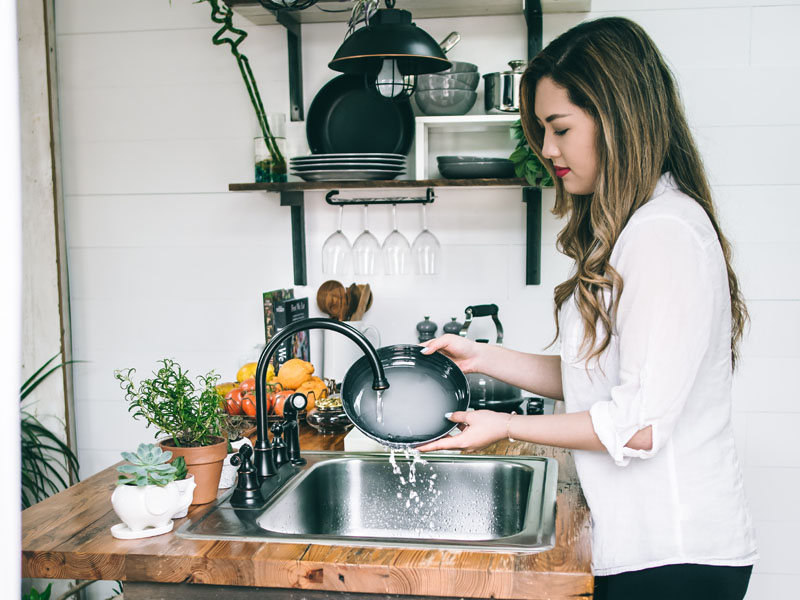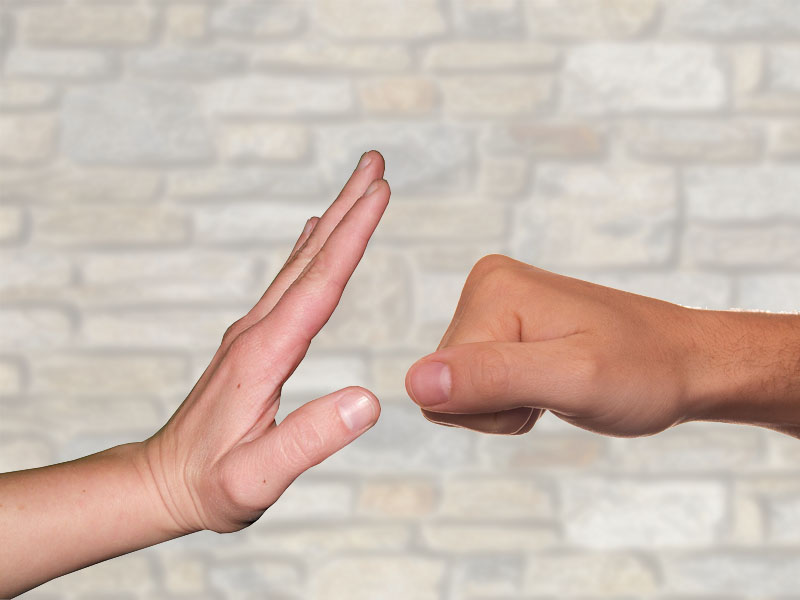Welcome! You are currently browsing the site as a guest. Please log in or create a free account to see more.
What is Marriage Counseling and Do We Need It?

What is Marriage Counseling
Marriage counseling, often referred to as couples therapy, is a form of support aimed at helping partners navigate the complexities of their relationship. At its core, the purpose of marriage counseling is to foster healthier communication, resolve conflicts, and strengthen connections between partners. It's a safe space where both individuals can express their feelings, explore the root causes of their challenges, and develop strategies to move forward together.
Marriage counselors or therapists are trained professionals who specialize in relationship dynamics. They serve as neutral facilitators, guiding conversations in a constructive manner while helping couples gain insights into their behaviors and emotional responses. A key aspect of their role is to create an environment where both partners feel heard and validated, allowing for open dialogue about painful or sensitive topics.
It’s important to understand that marriage counseling differs from individual therapy. While individual therapy focuses on personal growth and self-discovery, marriage counseling centers on the relationship as a whole. In couples therapy, the aim is not just to help each person heal individually but to enhance the bond between partners by addressing shared issues collaboratively.
Whether you're facing significant challenges or simply seeking to improve your relationship, marriage counseling can offer valuable tools and insights. Engaging in this process can help transform your relationship into a supportive partnership that thrives, ultimately leading to a more fulfilling and harmonious life together.
How Marriage Counseling Works
When couples decide to seek marriage counseling, the journey typically begins with an organized structure that guides each session. Most counseling involves regular meetings, often lasting about an hour, where you and your partner sit down with a licensed counselor. The first few sessions usually focus on understanding each partner's perspective, which lays the groundwork for effective communication.
One of the key elements of counseling is setting goals together. During your initial sessions, the counselor will facilitate discussions about the issues you both want to address. It’s essential to establish rapport with your counselor, allowing them to understand your unique relationship context. Building this trust helps you feel safer discussing sensitive topics, making it easier to navigate the complexities of your partnership.
The role of the counselor is multifaceted. They act as a mediator, guiding conversations and ensuring both partners have a chance to voice their feelings and concerns. Through techniques like active listening and reflective questioning, a counselor helps illuminate patterns in your dialogue that may be contributing to conflicts. They can also offer new strategies for resolving disagreements and improving your connection, focusing on solutions rather than dwelling on problems.
Engaging in marriage counseling takes commitment from both partners, but with each session, you're investing in a stronger relationship. By working collaboratively with a counselor, you can uncover new ways to support each other, reignite the spark in your marriage, and foster a long-lasting bond.
Do You Need Marriage Counseling
It's natural for couples to experience bumps in the road, but sometimes those bumps can feel more like mountains. If you're finding it hard to communicate or if unresolved issues keep cropping up, it might be time to consider marriage counseling. Here are some common signs that indicate professional help could be beneficial for your relationship.
- Unresolved conflicts – If arguments seem to go in circles and never lead to resolutions, it can contribute to feelings of frustration and resentment.
- Trust issues – Situations like infidelity can leave deep scars. If rebuilding trust feels impossible, counseling offers a safe space to work through these emotions.
- Merging lives – Major life changes, such as becoming parents or relocating for work, can disrupt the balance in your relationship. Marriage counseling can help you navigate these transitions together.
In addition to these indicators, there are unique situations where couples might find counseling particularly beneficial. For newlyweds, the early challenges of marriage can be overwhelming, and a counselor can guide you through these adjustments. Long-term couples may discover that revisiting unresolved issues, even those buried for years, can breathe new life into their relationship.
Recognizing that you need help is a sign of strength, not weakness. Seeking marriage counseling doesn’t mean your marriage is failing; instead, it’s a proactive step towards building the healthy, loving partnership you both deserve. Remember, it’s okay to seek guidance as you work to strengthen your relationship.
Finding the Right Marriage Counselor
When considering marriage counseling, one of the most crucial steps is finding a qualified and experienced counselor who can guide you through your relationship challenges. A good counselor can make a world of difference, so it’s important to take your time during this process.
Start by doing some research. Look for counselors who specialize in marriage therapy, and consider their credentials and experience. Personal recommendations can also be incredibly valuable. Speak with friends, family, or even your healthcare provider to see if they can suggest someone trustworthy. Online reviews can be helpful, but remember that everyone’s experience is unique; what worked for one couple may not work for another.
Once you have a shortlist, schedule initial consultations with a few different counselors. This meeting is an excellent opportunity to gauge their approach and see if it feels like a good fit for you and your partner. Prepare some questions to ask during this time. For example, inquire about their experience with specific issues you’re facing, their method of counseling, and how they measure success in therapy. It’s important to find someone whose philosophy and style resonate with both of you.
Ultimately, choosing the right marriage counselor is about finding a person who makes both partners feel seen, heard, and respected. Taking this step can be a significant move toward fostering a healthier and happier relationship.
The Benefits of Marriage Counseling
When facing challenges in your marriage, it might be hard to believe that seeking outside help could be the key to strengthening your relationship. However, marriage counseling offers a range of benefits that can enhance your connection and understanding of each other. One of the most significant advantages of marriage counseling is the improvement in communication and conflict-resolution skills. Couples often find themselves trapped in cycles of misunderstandings and arguments. A skilled counselor can provide you with tools and techniques that enable you to express your feelings constructively and listen to your partner's perspective without becoming defensive. This newfound approach can lead to fewer arguments and a greater sense of unity. Additionally, counseling fosters emotional intimacy and understanding between partners. The process encourages couples to dive deep into their thoughts and feelings, facilitating an environment where vulnerability is embraced rather than shied away from. This deeper connection can help rebuild trust and rekindle the affection that brought you together in the first place. Moreover, marriage counseling equips couples with effective strategies for managing future challenges. No relationship is free from hurdles, but couples who attend counseling often learn how to navigate stressors—whether they come from family, work, or life changes—with greater ease. By developing these skills together, you and your partner can create a resilient foundation capable of weathering life's ups and downs. Recognizing the benefits of marriage counseling can be the first step towards a healthier and more fulfilling relationship. Embracing the process not only enhances your bond but also fosters a shared commitment to growth as a couple.Welcome! You are currently browsing the site as a guest. Please log in or create a free account to see more.








